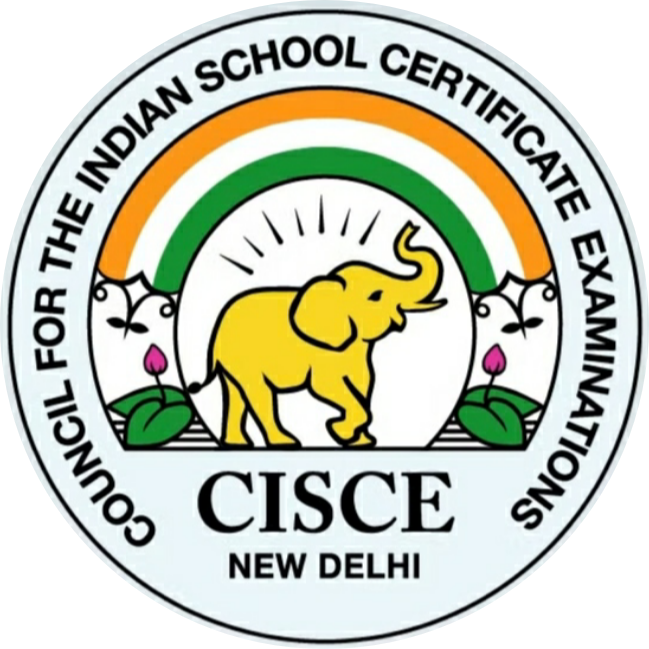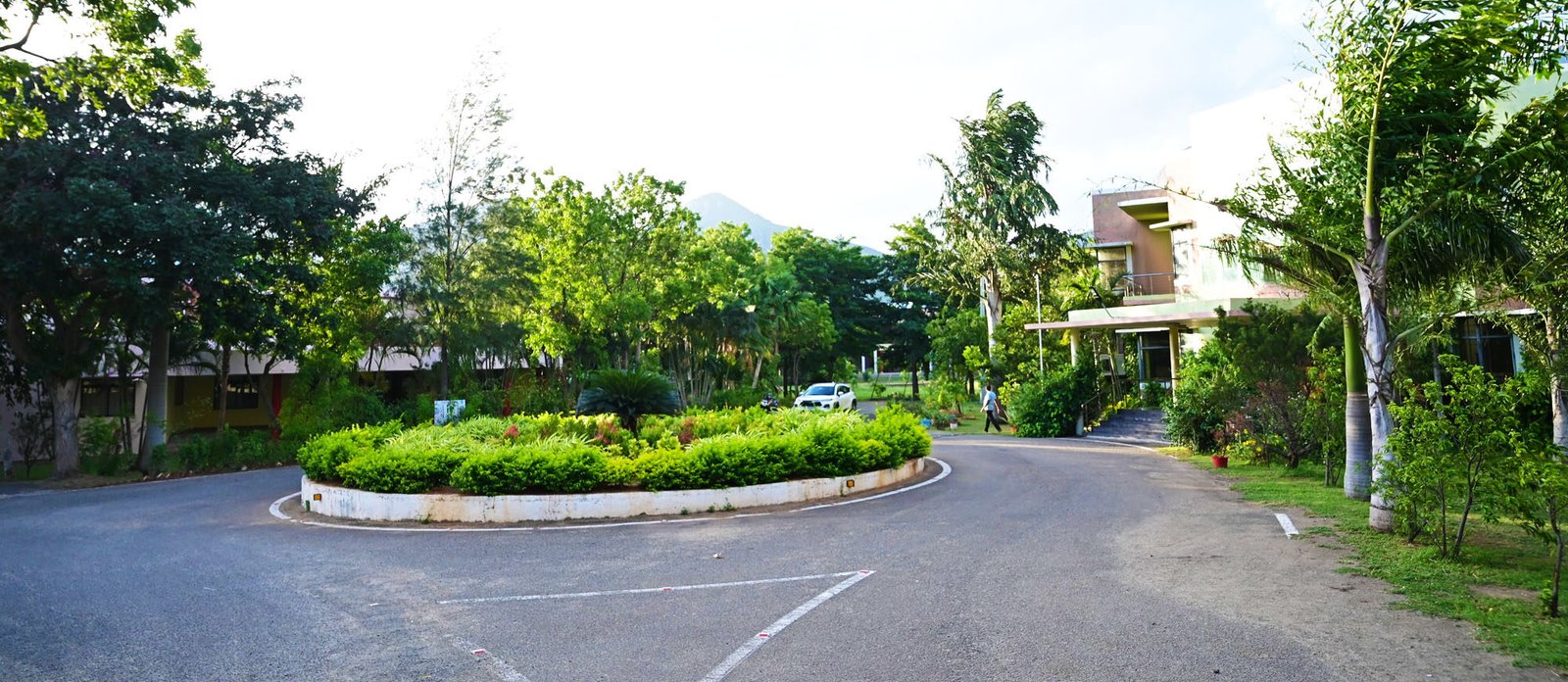- Home
- About Us
- Admissions
- Academics
- Campus Life
- Connect
←
The affiliation of Comorin International School reflects its commitment to recognised academic standards and quality education through nationally approved examination boards.
The affiliation of Comorin International School plays a vital role in maintaining academic quality, consistency, and credibility. The school is affiliated with the Council for the Indian School Certificate Examinations (CISCE), New Delhi, a nationally recognised examination board known for its comprehensive and balanced curriculum framework.
Through this affiliation, Comorin International School offers the ICSE (Indian Certificate of Secondary Education) examination at the secondary level and the ISC (Indian School Certificate) examination at the senior secondary level. These programmes are designed to promote analytical thinking, subject depth, and practical application of knowledge, preparing students for higher education and future career pathways.
The affiliation of Comorin International School ensures that academic practices, assessment methods, and curriculum delivery align with the standards prescribed by CISCE. The school follows structured guidelines related to syllabus implementation, evaluation procedures, and academic governance to maintain consistency and transparency across all grade levels.
Affiliation also supports the school’s commitment to holistic education. Along with academic rigour, CISCE encourages co-curricular engagement, ethical values, and balanced student development. Comorin International School integrates these principles into its daily academic environment, enabling students to grow intellectually, socially, and emotionally.
Parents seeking clarity on curriculum standards and examination recognition can rely on the affiliation of Comorin International School as an assurance of academic credibility. The school remains committed to complying with all regulatory requirements prescribed by the examination board and continuously works towards enhancing teaching quality and student outcomes.
The affiliation of Comorin International School stands as a foundation for trust, transparency, and long-term educational excellence, supporting the school’s vision of preparing students for global opportunities and responsible citizenship.

The Indian Certificate of Secondary Education (ICSE) is a private, non-governmental board of school education in India. Comorin International School is affiliated to the Council for the Indian School Certificate Examinations (CISCE), New Delhi. The Council has been constituted with the objective to secure suitable representations of, the Government of India, State Governments/Union Territories in which there are schools affiliated to the Council, the Inter-State Board for Anglo-Indian Education, the Association of Indian Universities, the Association of Heads of Anglo-Indian Schools, the Indian Public Schools’ Conference, the Association of Schools for the ISC Examination and members co-opted by the Executive Committee of the Council.

Choosing the right educational path for your child is a very important decision, and the ICSE board offers multiple benefits. The ICSE curriculum is known for its comprehensive and balanced approach, giving importance to the English language, sciences, humanities, and practical application of knowledge. By choosing the ICSE curriculum at Comorin International School, you are providing your child with an education that encourages academic excellence and holistic development, setting them on a sure path for future success.
| CBSE | ICSE | |
|---|---|---|
Focus | Application-based learning, science & math | Comprehensive, in-depth learning, Science, Art and English proficiency |
Syllabus | More focused, often easier to understand | Broader, challenging, and improves analytical skills |
Exams | Straight forward, aligns with national exams | More comprehensive, requires analytical skills and good writing skills |
Suitability | Students preparing for competitive exams | Students seeking a well-rounded education, studying abroad |
English Focus | Not as heavily emphasized as ICSE. | Strong emphasis on English language development. Better fit for students intending to study abroad. |
The question of whether ICSE or CBSE is better lacks a singular answer, as both are excellent and designed to pave the way for future success. Parents and students prioritizing English language development and a comprehensive, potentially globally-oriented learning experience may find ICSE more in alignment with their goals. Ultimately, the ideal choice is completely based on the individual child’s and parents’ preferences.
Putting the syllabus aside you must consider evaluating schools holistically and ensure your child receives the best possible educational experience.